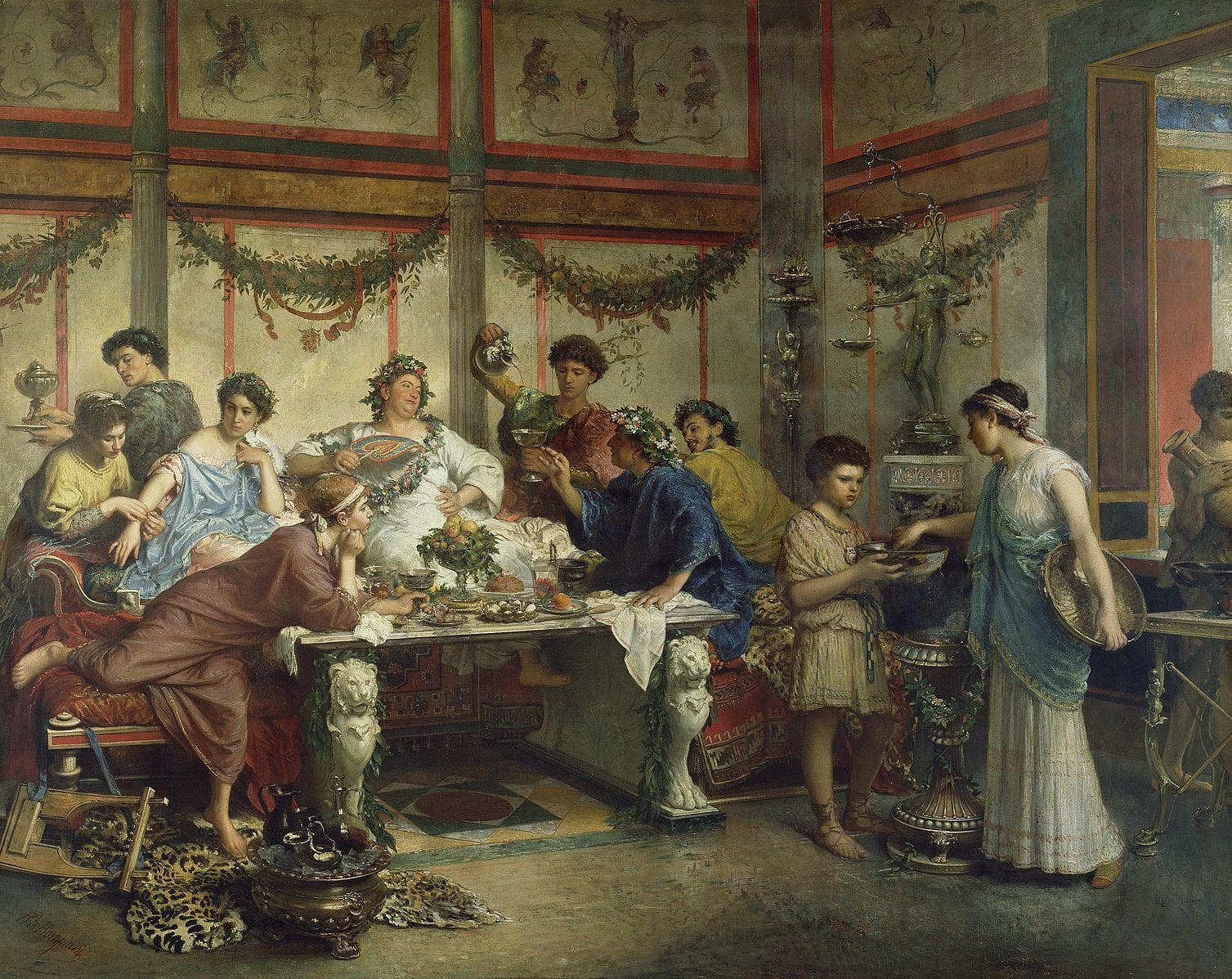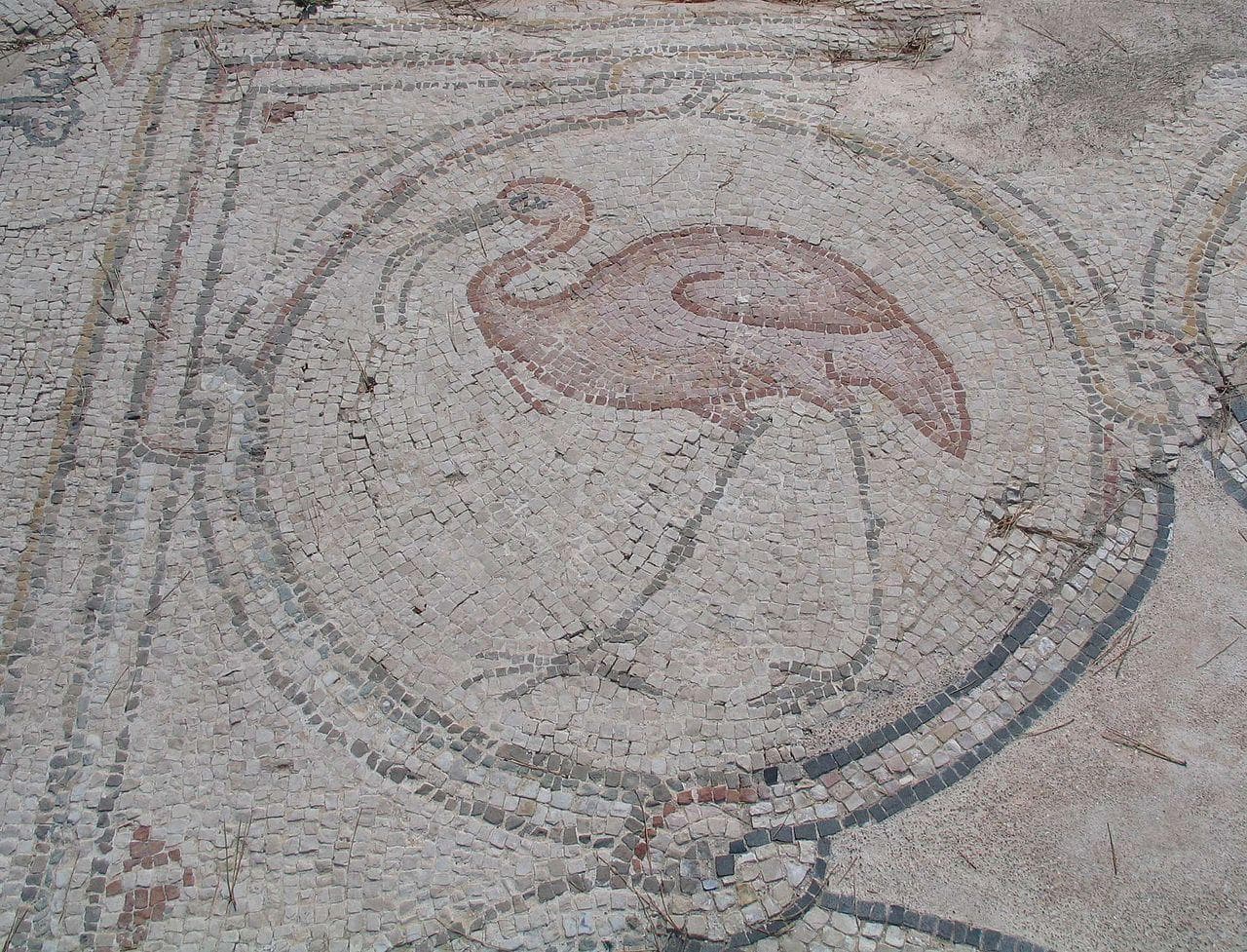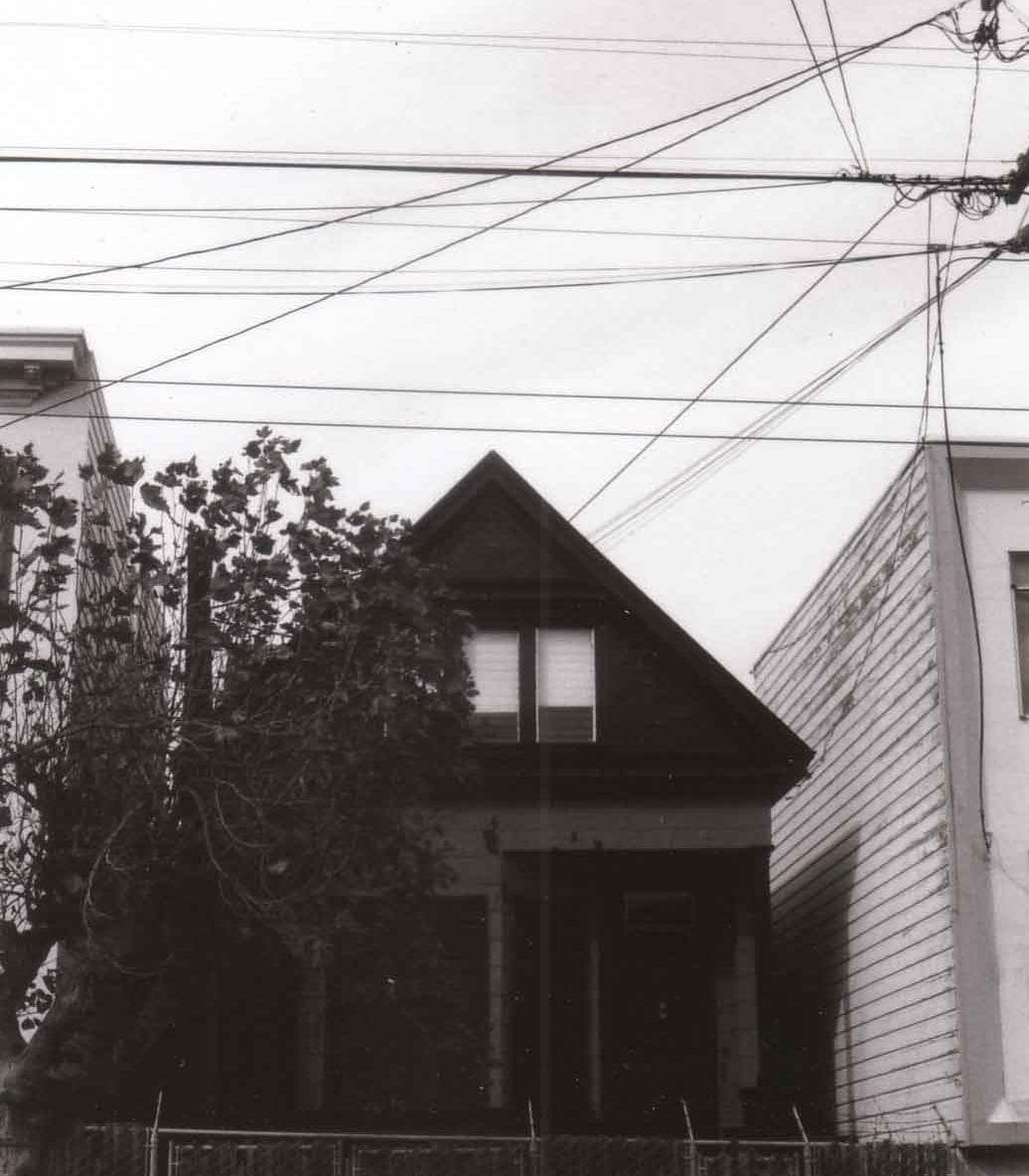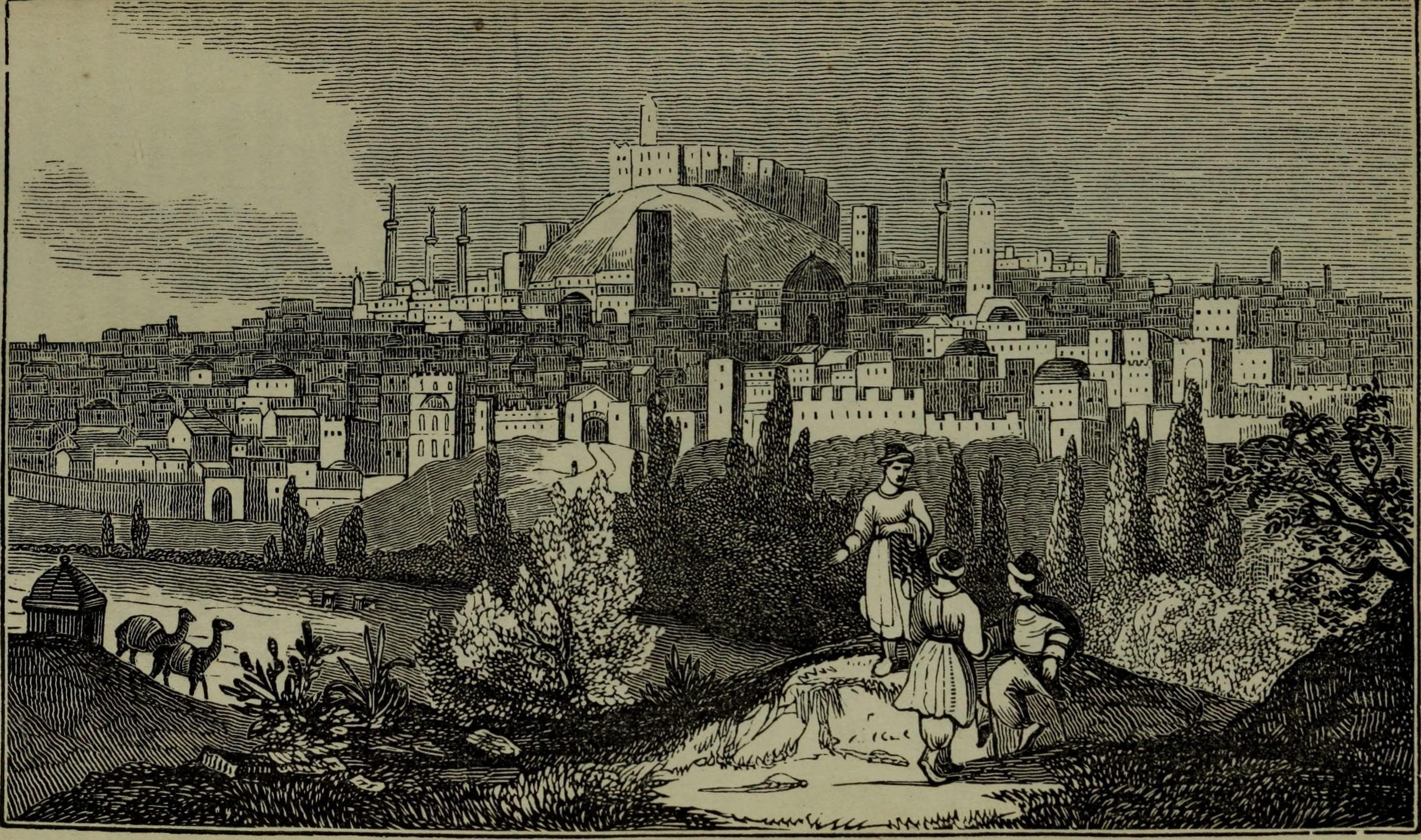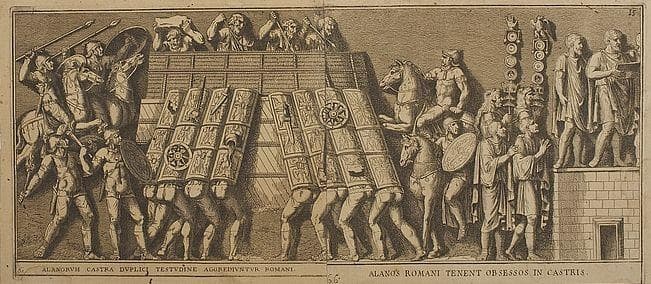-
(#3) Ex-Nuns Might Become Activists To End Celibacy Or Give Women Greater Roles In The Church
Many former nuns have dedicated their post-convent lives to speaking out against celibacy and the downgraded role women deal with in the church.
One ex-nun, Dorothy Donnelly, has written and spoken extensively about what she calls "sexual spirituality." Once a member of Sisters of St. Joseph in Orange, Donnelly realized it "was not honest to declare a vow of celibacy" anymore. Instead, she testifies that "sexuality is a gift, not an affliction," and has even been invited to share her stance at her former convent.
For Donnelly, there is nothing holier than empowering women and their voices within the church. In her opinion, attraction and sensuality are at the core of anyone's spiritual experience:
The essence of being human is learning how to love. Prayer is a relationship, a love affair. Change your image of God to God as lover. God is in the act of constant seduction - we are in the act of constant resistance.
Donnelly continues to do what she can to stir the pot with the Catholic Church.
-
(#13) Nuns Who Didn’t Like The Church Hierarchy Might Go On To Jobs Where They Have More Of An Opportunity To Be A Leader
After years or decades of silent and subservient worship, ex-nuns find their inner voices, and are often drawn toward professions that put them in the limelight and allow them to develop leadership skills.
From comedians to ministers to professors, ex-nuns have found themselves in jobs that require managing and initiating. One ex-nun, Patricia Reif, pioneered the master's program in feminist spirituality at Immaculate Heart College. Outspoken and provocative in her views, Reif was a natural leader who, in 1984, said, "Sexism certainly is a justice issue. Sexism is a sin."
Another former nun who realized her capacity to be a natural leader is Maria Consuelo Ledesma, a former Filipina nun who has become the spokeswoman for the underground women's movement in the Philippines. Talk about a far cry from a quiet life of worship.
-
(#2) Some Have Trouble Dating For The First Time Ever
Pennsylvania native Patricia Dwyer made her first vows as a nun in 1972. Four years earlier, when she was only 18, Dwyer began her service at a convent called Sisters of St. Joseph. She joined at such a young age because the "civil rights movement and themes of social justice were a rallying cry to serve."
Some years later, in 1990, Dwyer acknowledged the life was no longer for her. Taking a leave of absence from the order, she met with her mother and finally came to terms with the truth. "I’m pretty sure I’m gay," she admitted.
Dwyer left the Catholic Church for good in 1991, new to the decade and to her own sexuality. Having never dated anyone seriously, initiating contact with other women was daunting for her:
Even more intimidating was dating women for the first time. In high school, I had attended the occasional school dance or prom with a boy, but being out and open as a lesbian was terrifying and exhilarating at once. Determined to get my new life started, I picked up a copy of the Washington Blade, DC’s gay newspaper, and found a listing for a lesbian happy hour at a bar in Dupont Circle.
Eventually, Dwyer was able to find like-minded companions after reconciling with the fact that she'd been emotionally stunted by her time as a nun.
-
(#11) Some Former Nuns Question Their Womanhood And Femininity
Nuns commit themselves to a life of celibacy, and when they choose to leave their convents, the feelings and urges they'd suppressed for so long resurface.
Not only do these ex-nuns endeavor to understand their own status as human beings, but they endeavor to understand it within the context of a much larger world that is constantly evolving.
One former nun, Kelli Dunham, has made a career as a storyteller and comic since leaving Mother Teresa's Missionaries of Charity. Dunham has come out as genderqueer, a non-binary sexual identity. As they described in an interview:
I’ve always kind of had this gender identity, which I feel like has been the... I always was a tomboy, and I always felt like, “I don’t know if ‘girl’ completely describes me,” but also, it didn’t seem like it fit in anywhere.
Dunham was able to turn their questions about womanhood and feminity into something positive, transformational, and - according to their stand-up routine - quite funny.
-
(#4) Spending Money After Years Of Poverty Might Lead To Guilt
Nuns take vows of "poverty, chastity and obedience," and they acclimate to life devoid of material possessions or monetary value. When they leave their convents, many ex-nuns struggle with participating in a society ruled by money and spending.
Dwyer, around the time she disavowed her designation, described herself as having an "external persona that represented integrity and honesty" competing with an "interior life plagued by guilt." Many former nuns have admitted to struggling with the same guilt.
When nuns left the church en masse in the '60s and '70s, they labored to find work in an ever-evolving job market. They left the church with no money, and they had no financial literacy skills.
In Toronto, Canada, a woman named May McGovern helps what she calls "other dropouts" adjust to life outside the church, especially when it comes to finances. She and other volunteers like her help former nuns wrap their heads around rent, work, and recurring bills. One ex-woman of the cloth, when asked about her financial experience, told McGovern, "Oh yes, I added up the money in the poor box every month!"
-
(#10) Ex-Nuns Often Lose Their Sense Of Identity
Former nuns who reenter society after years or decades removed from it often struggle to understand who they are and what they want out of life. Many women in this situation spent their time in convents striving toward an unrealistic state of spiritual perfection, deprived of amenities and close contact with others.
One woman, Mary Johnson, who served as a nun for two decades in Mother Teresa's Missionaries of Charity, lived in turmoil over what was expected of her:
If you think there’s this perfect person that you’re called to imitate and you have to live exactly like that... even this person didn’t achieve this image that you have. You’re placing demands that are impossible to meet, and being frustrated all the time.
When she left, Johnson had no sense of identity, and she had to learn how to love herself outside the confines of Catholicism. As she wrote, "I fell in love. I fell apart. Between [episodes of anxiety] and bouts of depression, I published my work in periodicals and on National Public Radio. Finally, after a long spiritual struggle, I found I had outgrown my religious faith. I let go."
New Random Displays Display All By Ranking
About This Tool
Nuns are female practitioners of the Catholic Church, the Orthodox Church, the Anglican Church, and the Lutheran Church. They are responsible for the prayer ceremony and assisting priests in preaching. The nuns of the Catholic Church have their presence in every part of the world. These kind nuns have footprints in every corner of the world, conveying their faith through various loving services and dedications.
Nuns must be baptized for more than 5 years before they can apply, and they need to join a nut congregation. After becoming a nun, they cannot get married for life. With the development of society, more and more former nuns have broken away from the traditional Catholic life and returned to normal life, which also caused a lot of controversies. The random tool described 15 things about the life of former nuns.
Our data comes from Ranker, If you want to participate in the ranking of items displayed on this page, please click here.

